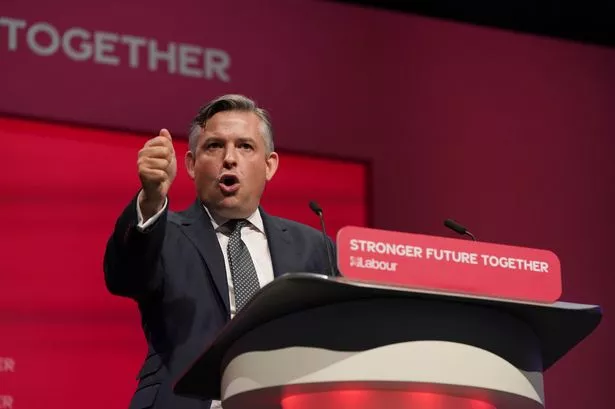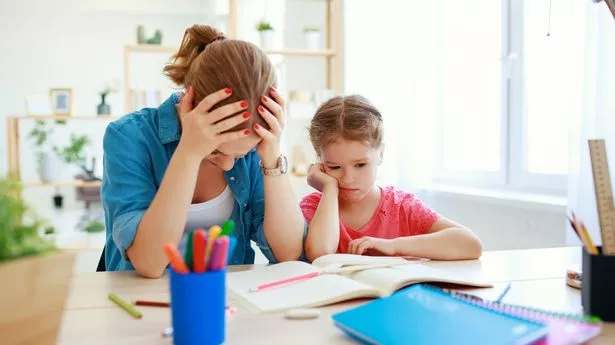Leader of the opposition Labour Party, Sir Keir Starmer, has been On a campaign train for the past weeks, campaigning and admonishing voters to give the Labour party the nod in the coming next election.
One of the main policies that, the Labour leader has vowed to maintain, is the controversial two-child policy, brought on by the current administration, amid concerns from his policy advisers, who have cited the two-child policy as a leading cause of family poverty.

Keir Starmer stated that, he will not utter any changes to the current policy, as he answered a question about, whether the Labour would ignore their promise, if the party wins the next election. However, the shadow work and pensions Secretary, Jonathan Ashworth labeled the policy as “heinous,” some weeks ago.
According to new data, one in four children in some of England and Wales’ poorest districts reside in households that spend extra £3,000 each year as a result of the policy, puttinmg additional pressure on Labour to make good on its commitment to eliminate the cap.
Anti-poverty campaigners and leaders within the Labour party were alarmed by Keir Starmer announcement’s not to lift the cap. Shadow Chancellor Rachel Reeves weighed in into the argument, stating that, it would be unaffordable putting the state of the economy into perspective. The policy may cost around 1.3bn pounds.

A significant academic investigation into the consequences of the two-child limit revealed that, over the course of six years, the policy has been a “poverty-producing” effort, causing misery and concern for tens of thousands of low-income families. This information prompted the Labour leadership to make its decision.
According to researchers, neither the two-child policy nor the benefit cap achieved its intended purposes, as they neither improved employment incentives nor decreased fertility among lower-income families.
Introduced in 2013, the benefit cap limits the range of assistance a family can get, if it has no or poor earnings, with the average family losing £50 per week. The two-child restriction was implemented in 2017, and as at March 2022, the regulation was expected to have impact on 32,000 families and 110,000 kids.

Research also revealed that, ethnic minorities and bigger households have been more affected by the two-child limit and benefit cap, often finding themselves incapable of providing for their children’s basic needs like food, clothing, and heat. This had an adverse impact on the children’s psychological and physical wellbeing.
“Our research evidence makes clear that the two-child limit and benefit cap are poverty-producing policies, which fail to meet their stated aims. Both policies need to be removed urgently, as part of a broader commitment to addressing child poverty and investing in children and families.”
Ruth Patrick, University of York.
“The two-child limit and the benefit cap are not incentivizing families as the government intended and instead is leaving them unable to afford even basic necessities and affecting their mental health. These policies should be placed under review, and ideally removed.”
Alex Beer, Welfare Program Head, Nuffield Foundation.
To “address the vast social injustice in our country,” Starmer claimed in February 2020 that, he would do away with the policy if elected into power. However, the leader announced this month that, Labour would adhere to the Tories’ position.

Moreover, senior Labour sources acknowledged that, the program was “horrible” and could not exist “in a perfect world,” but maintained that the Labor Party would not promise to devote money it cannot afford. “I can see why colleagues might feel uncomfortable about this, but we have to be realistic about the state of the economy,” the source revealed.
READ ALSO: Trade Secretary Defends The CPTPP Agreement




















